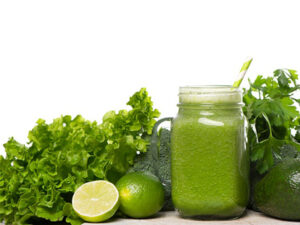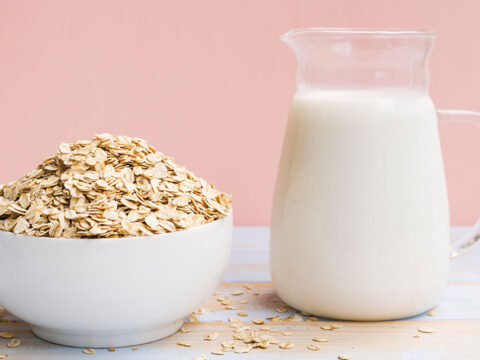
Women’s Health And Diabetes
December 9, 2021
How Does PCOS Increase The Risk Of Diabetes?
December 9, 2021Detox diets are a trending topic. While some of the basic principles of a detox diet are based upon clean, healthy eating, you need to watch out for those that make unfounded claims.
If you are considering opting for a detox diet, it is highly advisable to first consult your doctor or diabetologist, especially if the diet involves the intake of supplements.
What Is A Detox Diet?
A detox diet refers to short-term diets that claim to substantially help in removing a wide range of environmental toxins. Such diets generally vary in duration: some are designed for a few days, whereas others are prescribed for a few weeks. Detox diet plans may involve the use of additional supplements as a core part of the plan. It is highly recommended to consult your doctor before intaking any supplements. What’s worse, certain diets may reduce your intake of specific, key nutrients. Your doctor should also be informed when you make any significant changes to your diabetes diet plan.
Why A Detox Diet For Diabetic Patients Is Unfeasible?
The National Health Service (NHS) in the United Kingdom does not recommend diabetics to rely on detox diets for numerous reasons, some of which are listed below:
- They may prove to be quite expensive.
- Herbal ingredients may not have been properly tested for safety and efficacy.
- Herbal supplements could interact with diabetes medications.
- Such diets may not motivate individuals to stay healthy between detoxes.
A detox diet for diabetic patients is surely not a magical cure, and healthy eating combined with regular exercise principles must be maintained as an integral part of your everyday lifestyle. In addition, individuals with diabetes may need to exercise caution before opting for a detox diet because some of these diets may advocate the intake of higher amounts of carbohydrates than you may be used to.

Why Is A Detox Diet For Diabetics More Myth Than Reality?
It is more of a health myth that the human body needs detoxification to achieve almost everything from significant weight loss and better quality of sleep to soaring energy levels. This simply is not true.
More commonly, detox diets call for chalking out a plan that could involve things such as fasting for a brief period, consuming just fruits and vegetables, eliminating foods such as gluten, dairy, and grains, and intaking pills that can assist in “flushing out the toxins” from your body.
Those with diabetes need to remember that eliminating major nutrients, such as carbohydrates, protein, and fats from their diets could cause impediments to the optimum functioning of their bodies.
We need to remember that the human body is extremely remarkable. The body is designed to clean itself from the inside through the removal of unwanted substances (such as alcohol, toxins, medications, bacteria, by-products of digestion) through our liver, kidneys, skin and lungs.
Opting for fasts or fad detox products does not support this natural detoxification pathway that the body is continually doing.
Should You Be Consuming Superfoods?
Some detox diets advocate the consumption of so-called superfoods.
In response to a wide number of unsubstantiated claims being made regarding specific foods being “superfoods,” the European Union (EU) has banned the usage of the word unless the claims are successfully backed by solid, credible research.
Research has shown on a consistent basis that consuming a diet that is rich in a wide range of fruits and vegetables are beneficial to overall health; so, this diet advice is highly recommended.
Those with diabetes should remember that certain fruits, especially when consumed in the form of smoothies, can contain a significant amount of natural sugars; hence, if you are in doubt, you must test your blood glucose levels before and after eating or drinking to ascertain how diverse foods and drinks affect your blood glucose levels.
On A Final Note
Ultimately, any short-term detox-style plan will offer no health benefits for those with diabetes. In fact, it can be counterproductive. Eating a balanced diet, drinking sufficient fluids, exercising regularly, and getting plenty of sleep is the most optimum and healthy lifestyle program. Let the “detoxification” of the body take care of itself.
References:




